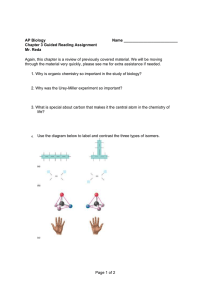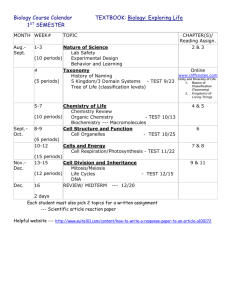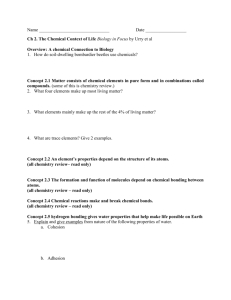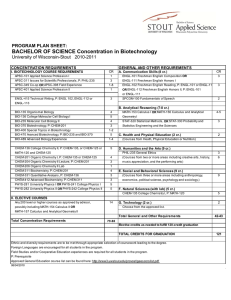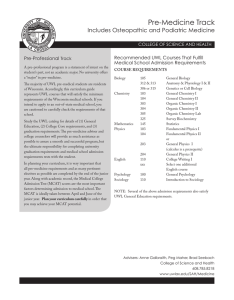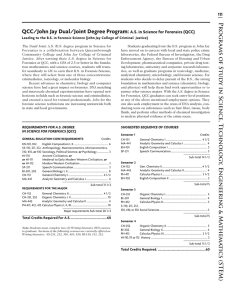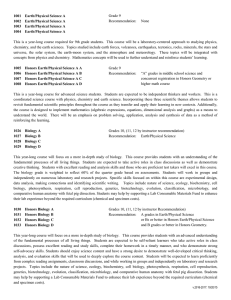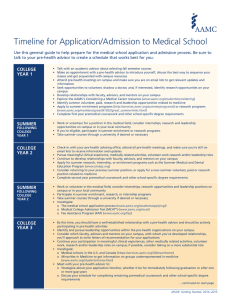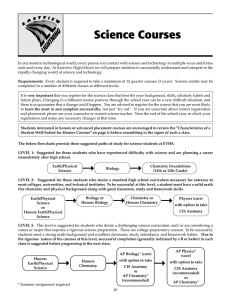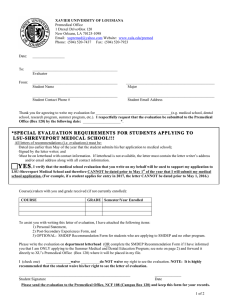Courses Required for Admission to Most Medical Schools
advertisement
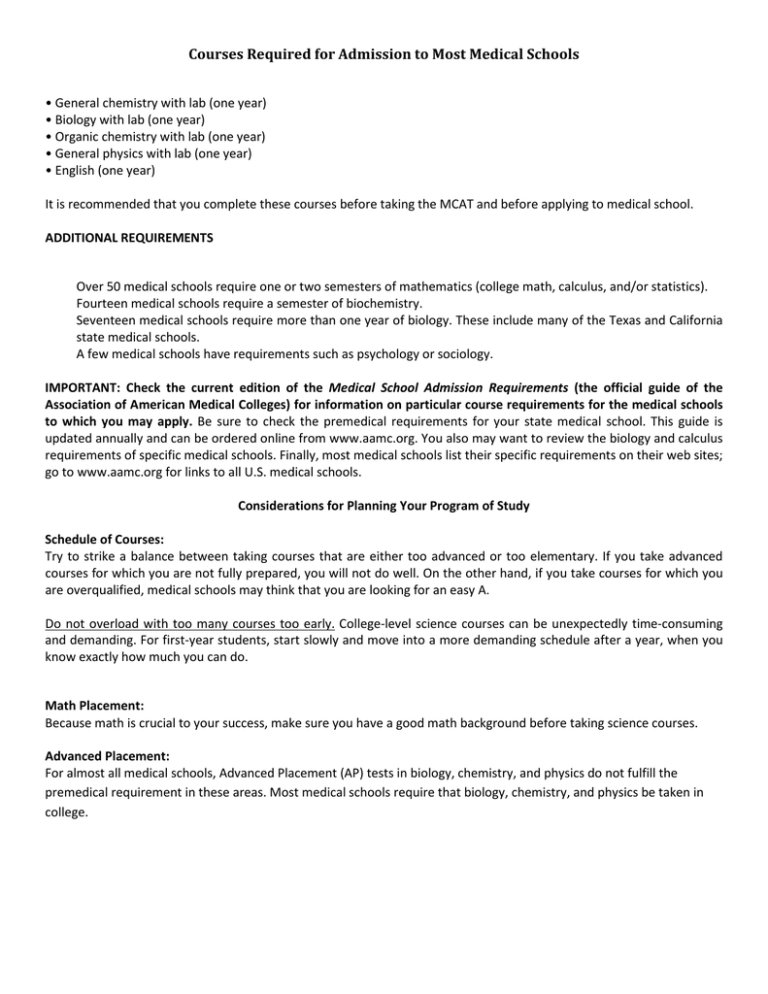
Courses Required for Admission to Most Medical Schools • General chemistry with lab (one year) • Biology with lab (one year) • Organic chemistry with lab (one year) • General physics with lab (one year) • English (one year) It is recommended that you complete these courses before taking the MCAT and before applying to medical school. ADDITIONAL REQUIREMENTS Over 50 medical schools require one or two semesters of mathematics (college math, calculus, and/or statistics). Fourteen medical schools require a semester of biochemistry. Seventeen medical schools require more than one year of biology. These include many of the Texas and California state medical schools. A few medical schools have requirements such as psychology or sociology. IMPORTANT: Check the current edition of the Medical School Admission Requirements (the official guide of the Association of American Medical Colleges) for information on particular course requirements for the medical schools to which you may apply. Be sure to check the premedical requirements for your state medical school. This guide is updated annually and can be ordered online from www.aamc.org. You also may want to review the biology and calculus requirements of specific medical schools. Finally, most medical schools list their specific requirements on their web sites; go to www.aamc.org for links to all U.S. medical schools. Considerations for Planning Your Program of Study Schedule of Courses: Try to strike a balance between taking courses that are either too advanced or too elementary. If you take advanced courses for which you are not fully prepared, you will not do well. On the other hand, if you take courses for which you are overqualified, medical schools may think that you are looking for an easy A. Do not overload with too many courses too early. College-level science courses can be unexpectedly time-consuming and demanding. For first-year students, start slowly and move into a more demanding schedule after a year, when you know exactly how much you can do. Math Placement: Because math is crucial to your success, make sure you have a good math background before taking science courses. Advanced Placement: For almost all medical schools, Advanced Placement (AP) tests in biology, chemistry, and physics do not fulfill the premedical requirement in these areas. Most medical schools require that biology, chemistry, and physics be taken in college.
